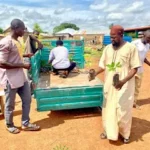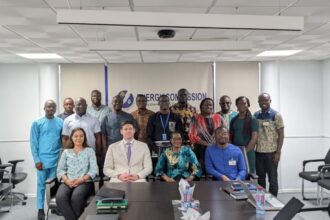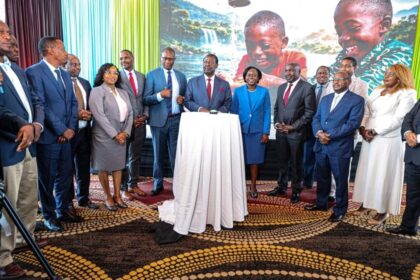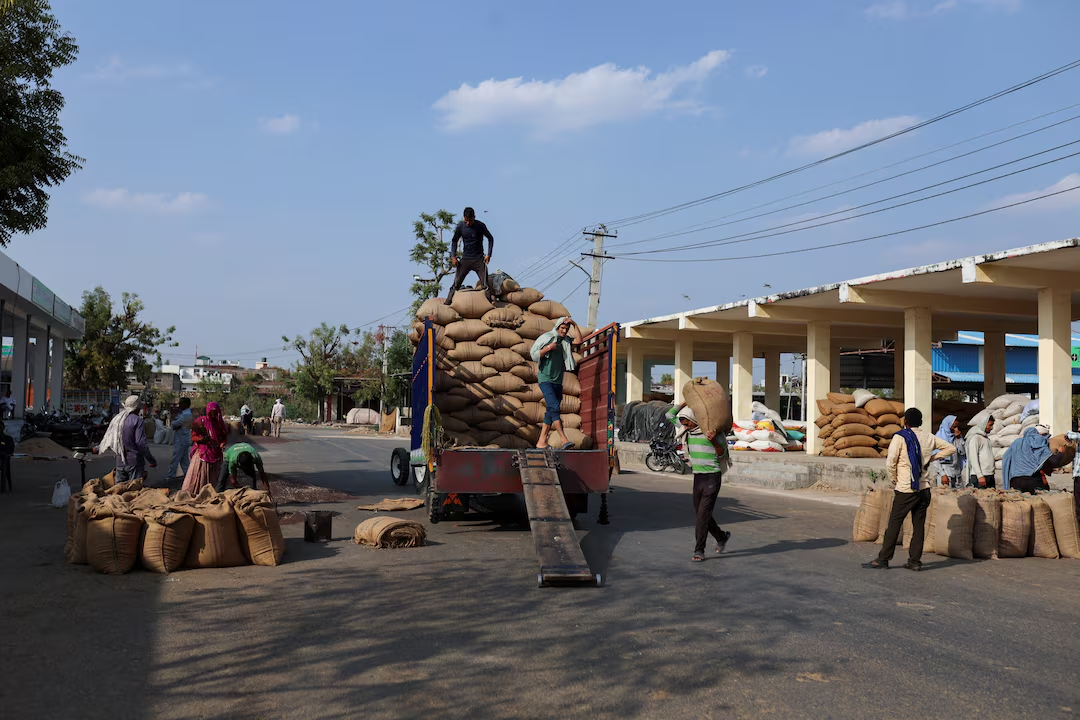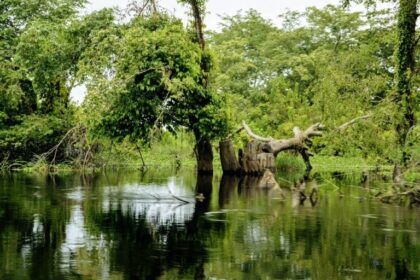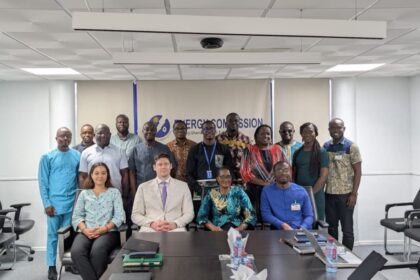In an effort to advance sustainable development and environmental sustainability, the Council for Scientific and Industrial Research (CSIR) – Crops Research Institute has highlighted the vital role of media in shaping public perception and awareness concerning environmental issues.
Dr.Kwaku Onwona-Hwesofour Asante, a research scientist and principal investigator for the Agroecology and Circular Economy for Ecosystem Services project, emphasized that environmental sustainability is essential for preserving ecosystem services, enhancing human well-being, and fostering economic development.
He noted that agricultural emissions—including methane, black carbon, and nitrous oxide—significantly contribute to global warming and present health challenges.
“It is essential to raise awareness about these issues and promote sustainable practices that can mitigate their impacts,” he stated. Consequently, he stressed the importance of media engagement in promoting environmental sustainability.
On October 8, 2025, a one-day media training workshop focused on Agroecology, Circular Economy, and Climate Change Communications was held.
During this workshop, journalists were equipped with the knowledge and skills necessary to create impactful stories that highlight the importance of sustainable development and environmental sustainability.
“The public needs the knowledge to make informed decisions, particularly regarding the reduction of agricultural emissions. Our goal is to encourage regular programming from media practitioners—not just occasional stories, but continuous coverage that features environmental sustainability issues and human interest stories”.
This will enhance overall public perception and awareness, prompting necessary action around environmental sustainability, agricultural sustainability, agroecology, and all the principles we’ve learned today,” he reiterated.
Dr. Asante further emphasized that media plays a crucial role in shaping public awareness of environmental sustainability issues. He stated, “By featuring stories about environmental sustainability and human interest in their programming, media practitioners can inspire behavioral change and promote sustainable practices.”
He elaborated, “We expect media to drive behavioral change by communicating about agroecology and the circular economy while also addressing short-lived climate pollutants. This should be included in regular programming. As we generate scientific knowledge, innovations, and technologies, we hope the media will highlight these advancements, publicize them, and raise public awareness.
This will encourage people to take necessary actions and leverage opportunities to improve livelihoods, create jobs, and reduce climate emissions.”
The training is expected to increase public awareness and understanding of environmental sustainability issues. Dr. Asante believes that by featuring these issues and human interest stories in their programming, media practitioners can inspire behavioral change and promote sustainable practices.
Additionally, the CSIR-Crops Research Institute aims to amplify the impact of its research and promote sustainable development in Ghana and beyond by partnering with media practitioners.
The media training workshop marked a significant step toward promoting environmental sustainability and agroecology in Ghana.
Source: www.climatewatchonline.com


